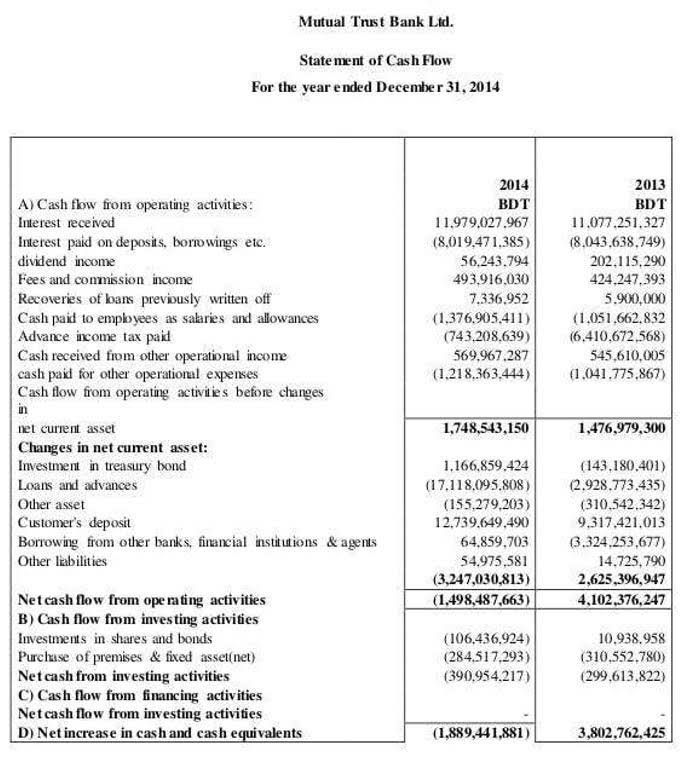What Are the Different Types of Accounting Systems? Options Explained

Owners and managers should familiarise themselves with the different types of accounting, given that the choice of an accounting method can influence the financial health of what are the two types of accounting a business. Since all business transactions cannot be kept in memory, they have got to be systematically recorded and pass through journals, ledgersand worksheets before they could take the forms of final accounts. This aspect of financial accounting has assumed considerable importance with the limitation of human memory. Managerial accounting involves financial analysis, budgeting and forecasting, cost analysis, evaluation of business decisions, and similar areas. Auditing is the process of examining an organization’s financial statements and related operations to ensure accuracy, compliance, and integrity. Auditors provide an independent assessment of financial records, which helps maintain trust and confidence among stakeholders.
What are the golden rules of accounting?

While having a solid handle on your business’s finances is essential, how you track business expenses and income may differ from how other small businesses conduct their accounting. Becoming well-versed in the various accounting methods is a good business practice. Your accounting needs may evolve and knowing another accounting type may prove helpful. We’ll explain the different branches of accounting and how they can benefit your business.
What Are the Types of Accounting Methods?
Accounting software management and the management of bookkeeping and accounting employees are examples of this. Accounting information systems, referred to as AIS, are concerned with all aspects of accounting systems and processes, including their design, implementation, application, and monitoring. As we draw our exploration of the complex accounting world to a close, it’s important to recognise that every branch of accounting holds a vital position within the financial world. These tasks add layers of complexity to financial management and analysis. Cost accounting scrutinises every business’s cost to improve efficiency and profitability.
Using Business Accounting Software
Moreover, the accrual method requires monthly bank reconciliation to ensure that the amount in the bank account matches the closing balance. Often times considered as a subset of management accounting, cost accounting refers to the recording, presentation, and analysis of manufacturing costs. Cost accounting is very useful in manufacturing businesses since they have the most complicated costing process. Forensic accountants use various techniques, such as data analysis, interviews, and document review, to gather evidence and build cases. This type of accounting is crucial for businesses to detect and prevent fraud, recover lost assets, and ensure compliance with legal standards.
- This alignment of income and related expenses to the time period they belong to, known as the matching principle, offers stakeholders a true reflection of a company’s financial health.
- 11 Financial may only transact business in those states in which it is registered, or qualifies for an exemption or exclusion from registration requirements.
- Cost accounting scrutinises every business’s cost to improve efficiency and profitability.
- Accounting systems are a set of processes that aim to record and manage all of a business’s financial information.
- We empower accounting teams to work more efficiently, accurately, and collaboratively, enabling them to add greater value to their organizations’ accounting processes.
- This method is more likely to result in lumpy profitability in any given period, since a large cash inflow or outflow can sharply alter profits.
- Tax accounting focuses on preparing and filing tax returns and ensuring compliance with tax laws and regulations.

Direct costs like materials and labour are traced to product production, while indirect costs, such as utilities, are necessary for business operations but are not linked directly to production. Financial accounting is the backbone of budgeting and forecasting, enabling performance evaluation and the assessment of business strategies’ effectiveness. If you want to specialise in accounting for your career, you may want to look at the different types of accounting and find the law firm chart of accounts best option. This field is to advise companies when preparing for tax season, after reporting on the impact to decrease tax levels. It is directed under the state and federal tax rules and the Internal Revenue Code.

A financial professional will offer guidance based on the information provided and offer a no-obligation call to better understand your situation. Our writing and editorial staff are a team of normal balance experts holding advanced financial designations and have written for most major financial media publications. Our work has been directly cited by organizations including Entrepreneur, Business Insider, Investopedia, Forbes, CNBC, and many others. The articles and research support materials available on this site are educational and are not intended to be investment or tax advice. All such information is provided solely for convenience purposes only and all users thereof should be guided accordingly.
What Are the Two Types of Financial Accounting?
Financial accounting is performed to conform to external regulations and is not for internal employees to analyze and make financial decisions—managerial accounting is used for this purpose. Serving as the custodian of public funds within the UK government sector, governmental accounting oversees and records the nation’s finances in compliance with rigorous standards. Forensic accountants help businesses safeguard against future fraudulent activities and protect their reputations by identifying vulnerabilities in financial operations. These financial detectives also provide expert testimony in court, helping to resolve complex cases of money laundering and other financial crimes.

Managerial Accounting

It ensures that public funds are managed and utilized in accordance with laws and regulations, promoting transparency and accountability in the use of taxpayer money. Fiduciary accounting is essential for ensuring that the financial interests of the beneficiaries are protected and managed responsibly. It provides a clear and accurate record of all financial transactions, helping to avoid disputes and ensure compliance with legal and ethical standards. Management accounting focuses on providing detailed financial and non-financial information to a company’s management team to aid in decision-making and performance evaluation.
They must adhere to the International Financial Reporting Standards (IFRS), developed by the International Accounting Standards Board (IASB). If you want to expand your business globally or work with companies in other countries, working with an international accountant can help you take advantage of opportunities overseas. Fiduciary accounting encompasses estate accounting, trust accounting, and receivership (the appointment of a custodian of a business’s assets in the event of an event such as bankruptcy). Internal auditing entails assessing how a company divides accounting responsibilities, who is authorized to perform which accounting tasks, and what procedures and policies are in place. These tasks are essential for effective cost management and financial decision-making.
